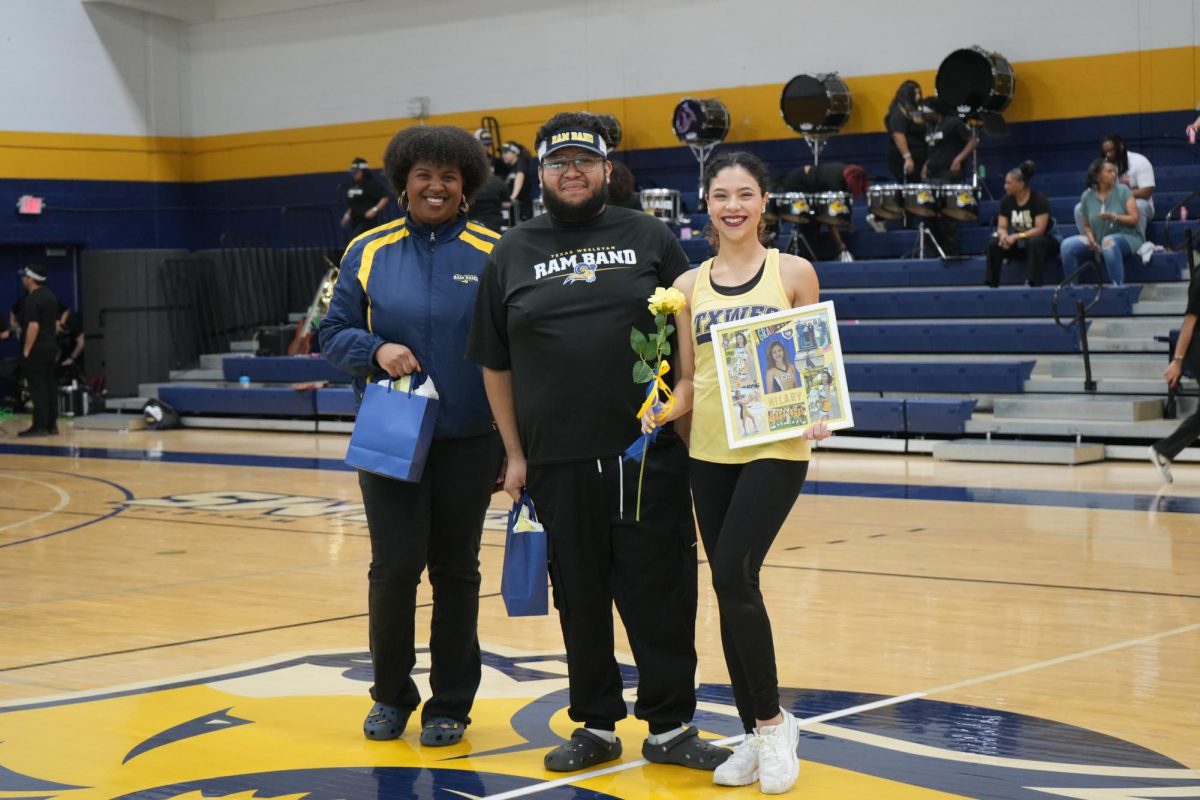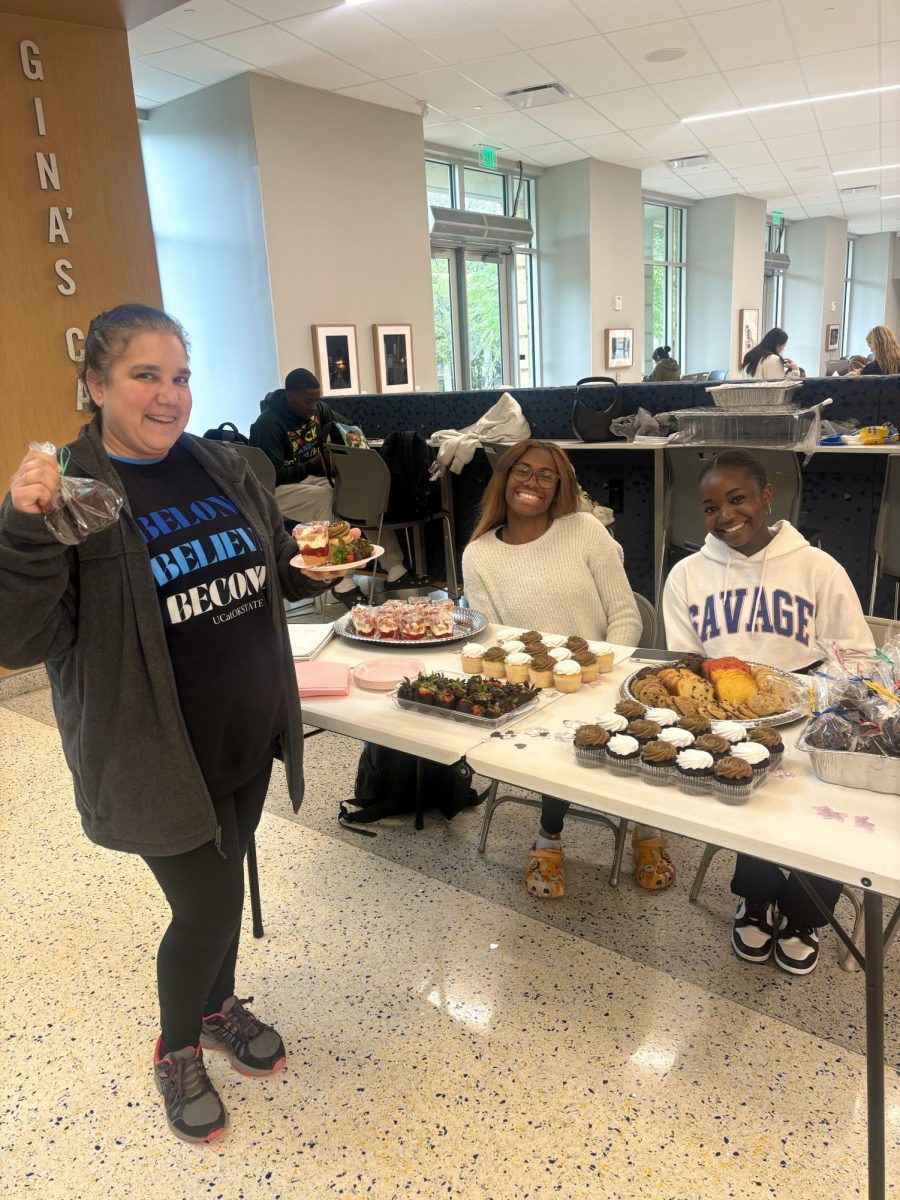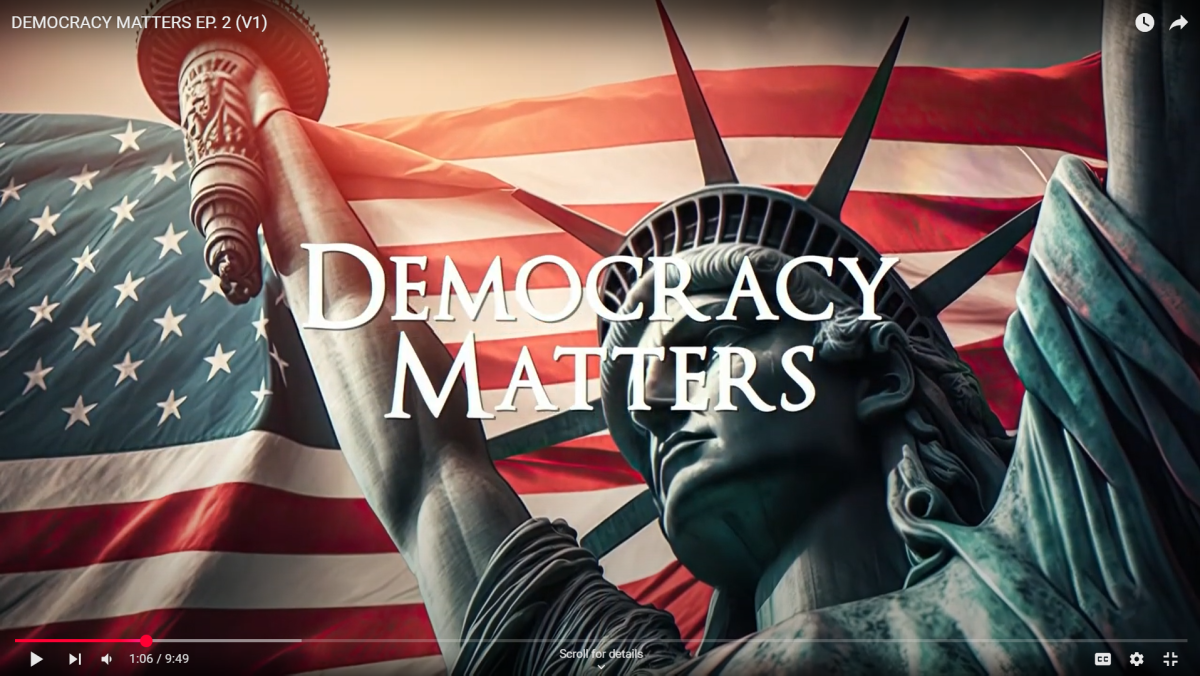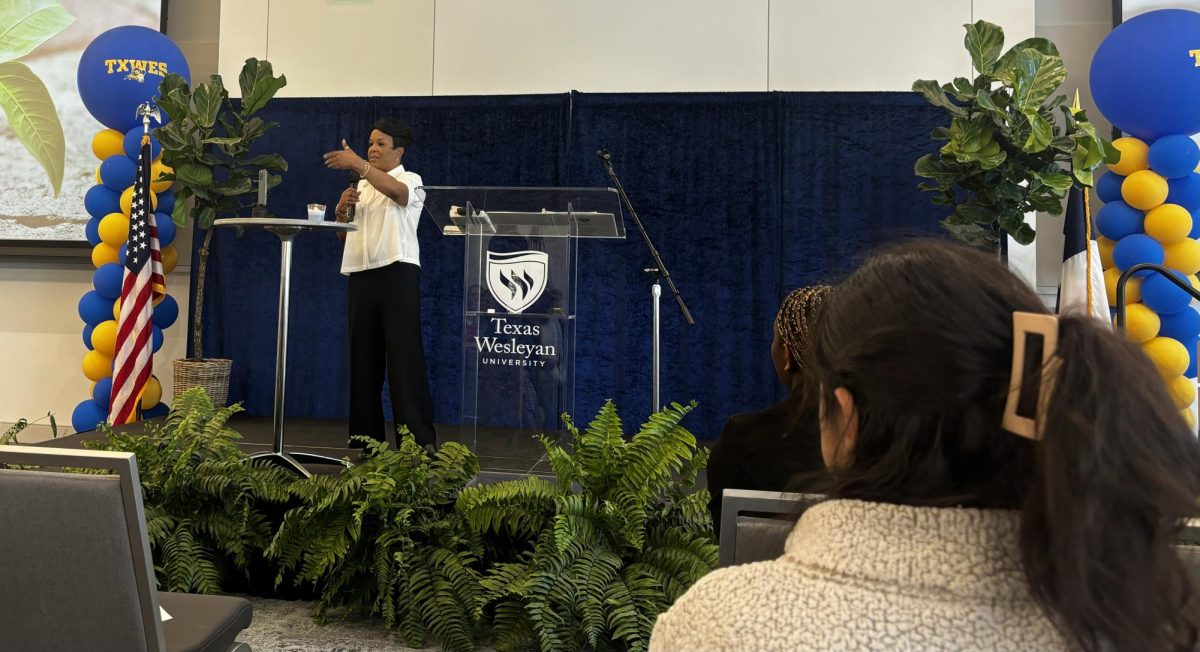The Willson Lectureship was presented by two human right activists in Martin Hall on Monday.
Ndaba Mandela, grandson of Nelson Mandela, and Naomi Tutu, daughter of Archbishop Desmond Tutu came together for the first time to speak about how Africa is contributing more to the global society.
“There is a story that we can share with this community about building on a legacy of people who believed in the real possibility of human beings living in harmony and justice,” Tutu said.
Madela discussed the state of Africa, and described how its history, landscape and culture is a place where families and businesses thrive.
“Some of the most amazing things you will see on this planet is in Africa,” Mandela said.
Mandela hopes people understand that they can play a positive role in the development of Africa.

“Africa is such a young place, actually the youngest continent on the planet,” Mandela said. “As we develop, everyone contributes and embraces the African within them.”
Mandela said that the perception of Africa being closed and avoided is due to negative media.
“If I were to show you some the areas in Africa, you would think it was Europe or even America,” Mandela said.
Mandela said his foundation, Africa Rising, promotes the “African Dream.”
“We need to empower the African people to have their own voice and their identity still intact,” Mandela said. “Free yourself from mental slavery.”
Tutu enlightened the audience with powerful advice on how America should continue to improve and strive for justice and reconciliation.
“Our event is to talk about the necessity to continue to strive for justice and reconciliation in our world,” Tutu said.
Although America is making strides towards these goals, it is not there yet, Tutu said.
“I don’t think it’s where we need to be, one of the things I’ve seen is looking at South Africa and the U.S. is that it’s much easier to be divisive than to build unity,” Tutu said. “It’s much quicker to find ways of breaking people apart when there is a crisis.”
Tutu said the U.S is in a state where leaders sometimes blame each other instead of coming together to reconcile their differences.
“There are those who want to be leaders who are taking the path of least resistance, who are saying, ‘Look at that person or that group. They are causing our trouble!’ instead of saying we are in this together,” Tutu said. “If we all tried to find a place of common humanity, we can then overcome our crisis.”
Marianne Downing, a first year business major, said that her favorite part was Tutu’s amazing quote, “In a flood winners will build bridges and the losers will build walls.”
“The speech was inspiring,” Downing said. “It made me think about what I was like in the past and how I can change for the future.”



![Rambler staff pose following the Texas Intercollegiate Press Association Convention award breakfast. [Photo courtesy Dr. Jenny Dean]](https://therambler.org/wp-content/uploads/2025/04/IMG_2646-1200x900.jpeg)

![Pippin, played by Hunter Heart, leads a musical number in the second act of the musical. [Photo courtesy Kris Ikejiri]](https://therambler.org/wp-content/uploads/2025/04/Pippin-Review-1200x800.jpg)
![Hunter Heart (center), the play's lead, rehearses a scene alongside other student actors. [Photo courtesy Jacob Sanchez]](https://therambler.org/wp-content/uploads/2025/04/thumbnail_IMG_8412-1200x816.jpg)
![Harriet and Warren, played by Trinity Chenault and Trent Cole, embrace in a hug [Photo courtesy Lauren Hunt]](https://therambler.org/wp-content/uploads/2025/02/lettersfromthelibrary_01-1200x800.jpg)

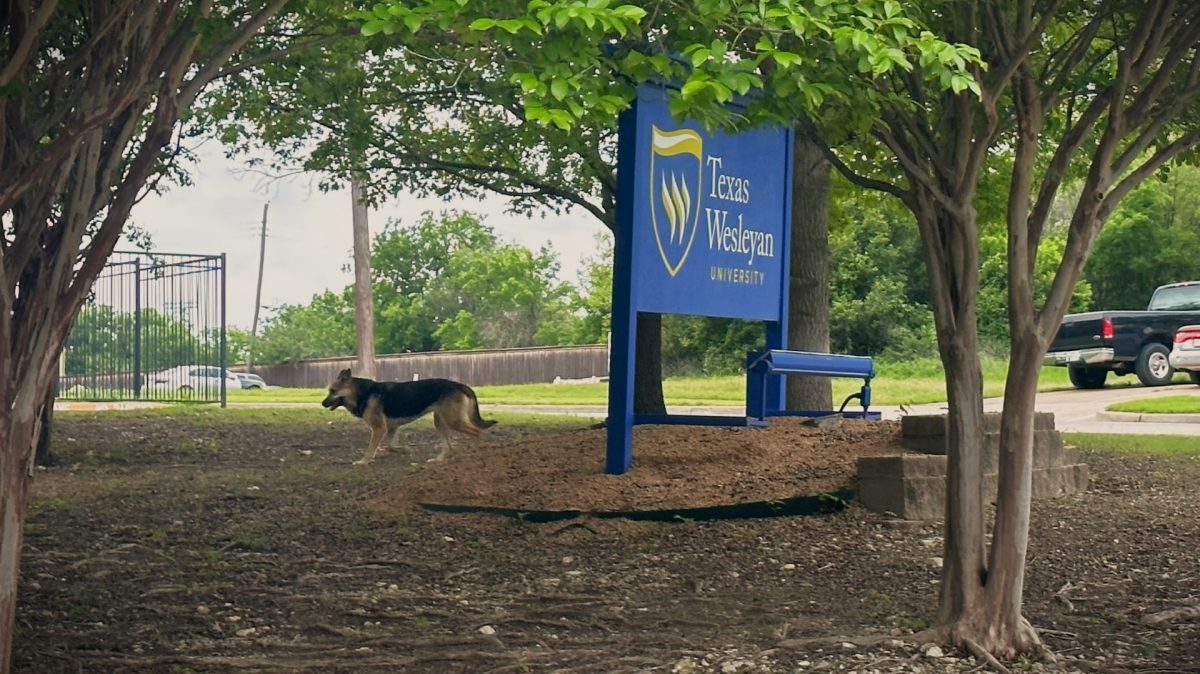



![The Texas Wesleyan University women's golf team walks the course. [Photo courtesy of Corrina Griffin]](https://therambler.org/wp-content/uploads/2025/04/rounds-902x1200.jpg)
![Student actors rehearse for Pippin, Theatre Wesleyan's upcoming musical. [Photo courtesy Jacob Rivera-Sanchez]](https://therambler.org/wp-content/uploads/2025/04/Pippin-Preview-1200x739.jpg)
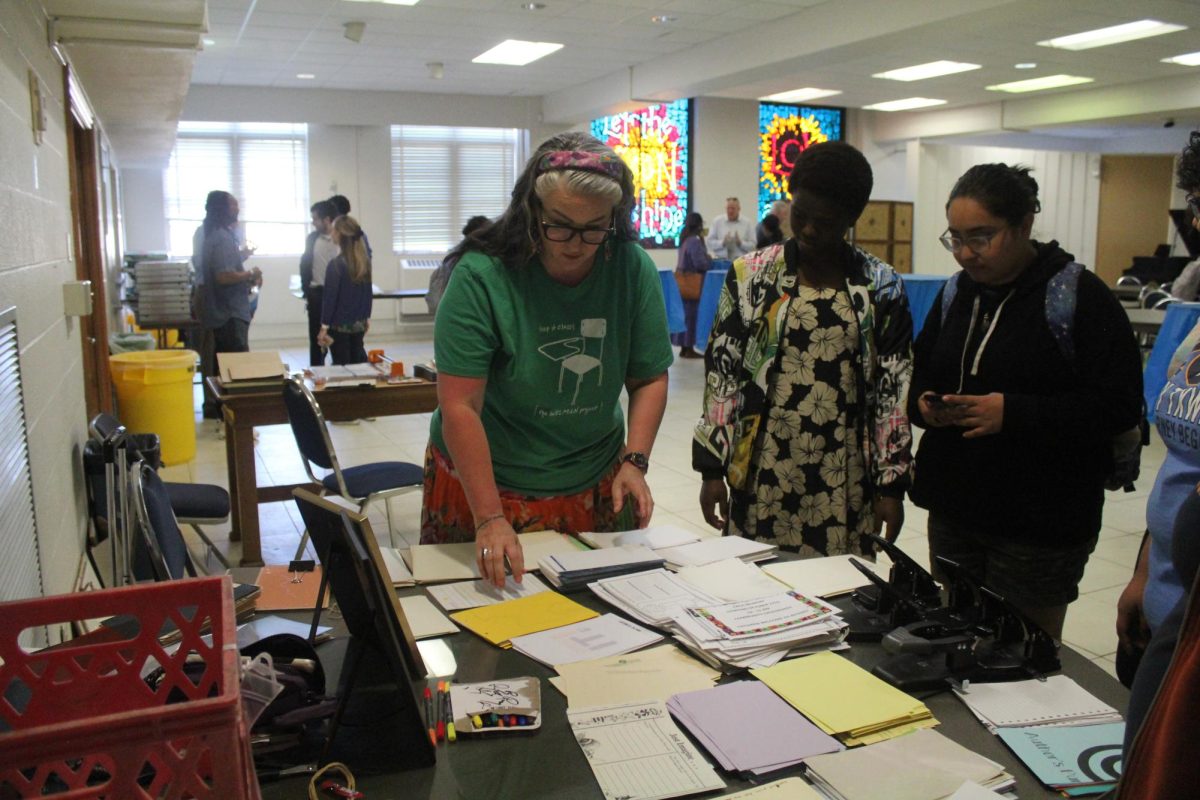

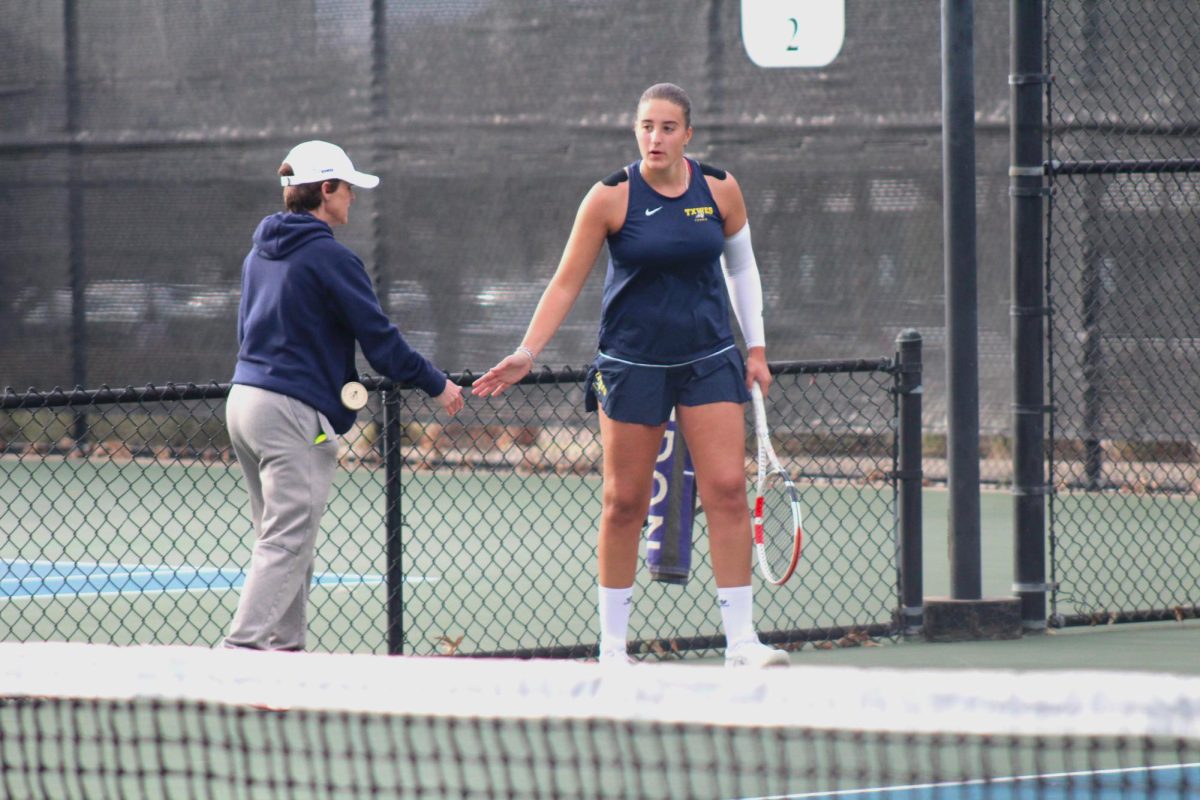
![Lady Rams softball wraps up weekend against Nelson Lions with a victory [6 – 1]](https://therambler.org/wp-content/uploads/2025/04/Screenshot-2025-04-04-100924-1200x647.png)


![Lady Rams softball sweep Langston Lions in first SAC Doubleheader [2 – 0]](https://therambler.org/wp-content/uploads/2025/02/SoftballLions.png)



